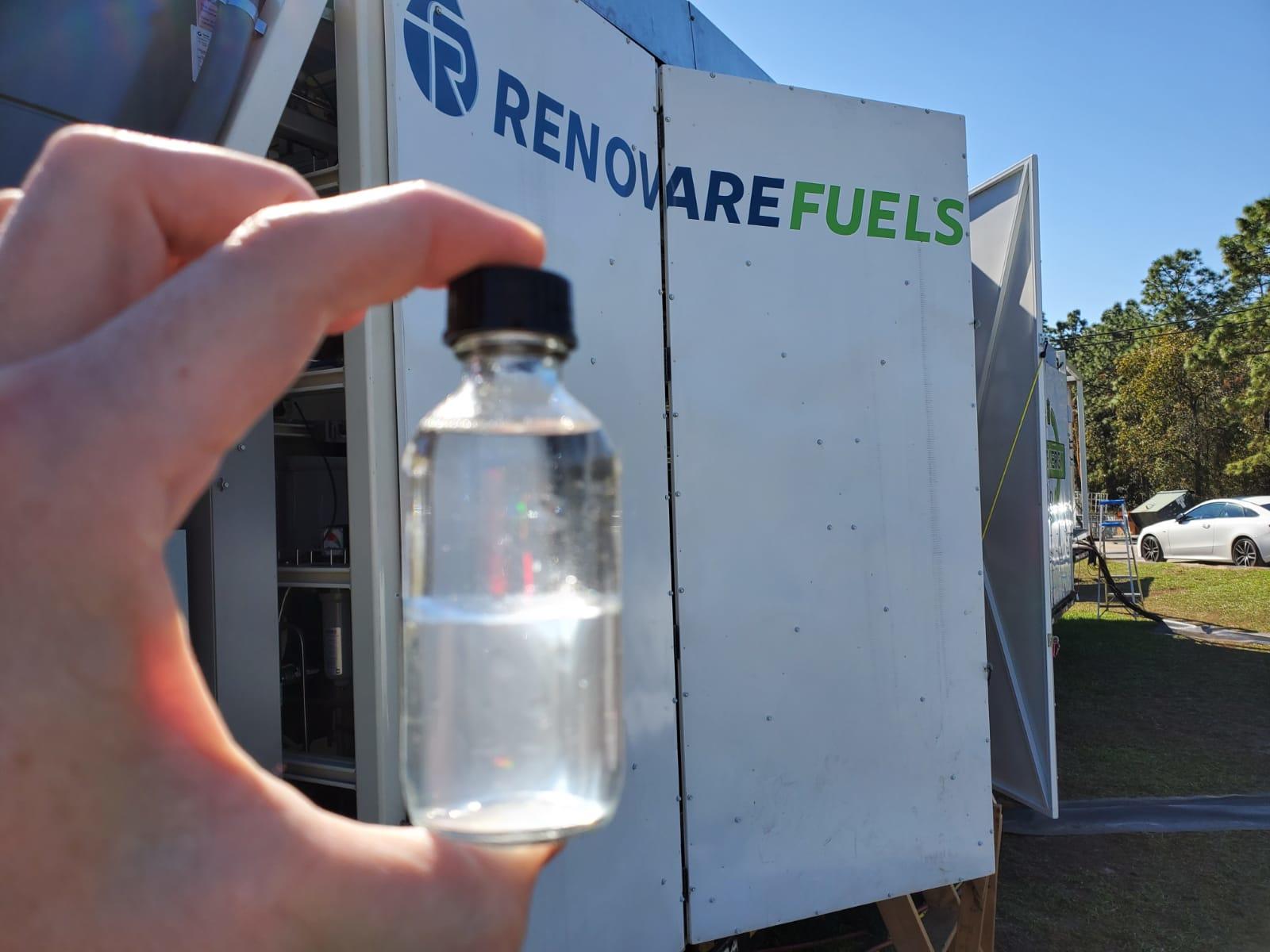The world is currently reeling from the COVID-19 pandemic and the necessary measures that have been put in place. Lockdown has had a huge impact on society and the economy, with many businesses having to temporarily close or drastically restructure working practices to stay afloat.
However, one unforeseen beneficiary of the pandemic has been the environment. With restrictions on travel and minimal commuting, carbon emissions in 2020 have been reduced to levels that are significantly lower than the same period in 2019.
Even as things start to return to some semblance of normality and emissions begin to rise once again, the International Energy Agency has predicted that emissions will be around 8% lower year-on-year by the end of 2020.
Leaders are now calling on governments to make changes and implement a green economic recovery that utilises technology to keep emissions low, while making the transition to a carbon-neutral future.
A Green Recovery
At the peak of lockdown, the carbon emissions of many countries around the world were almost 25% lower than at the same time the previous year. The UK was one of the leaders in this drop, with emissions falling by 31% at the height of the lockdown measures.
The Committee on Climate Change in the UK has released its annual parliamentary report, which calls for the implementation of various technologies and strategies to capitalise on the progress made and accelerate the transition to a greener and more sustainable future.
For the first time, the annual report contained specific measures aimed at individual government departments, outlining areas where improvements must be made to ensure a greener future.
Carbon Capture and Storage
No matter how many new systems and technologies are implemented, the transition to a carbon-neutral environment will necessarily take some time. While these new processes are being introduced, carbon capture and storage (CCS) technologies can help reduce the levels of emissions that are released into the atmosphere.
CCS technologies capture carbon dioxide before or after the combustion process and compress the gas into a liquid. In liquid form this compound can be used in industrial processes, or even used to refill oil and gas reservoirs that have been depleted.
Infrastructure investment is minimal, mainly focused on laying pipes for transporting the liquid product, and the end result is a net reduction of emissions in traditional supplies of energy.
Energy from Waste
Energy from waste (EfW) technologies have the potential to create new sources of energy from what would previously have been waste products. Almost any form of biodegradable waste can be used to help offset carbon emissions from fossil fuels.
Matthew Stone, Renovare Fuels Chairman, is an acknowledged expert in the field of clean energy technology. Renovare Fuels has designed a new technology which uses the biogas from anaerobic digestion to create liquid fuel.
This technology has already been successfully trialled and independently validated and has the potential to achieve 250 million litres in annual production by 2030. The resulting fuel, which can be produced from anaerobic digesters, landfill sites and sewerage treatment facilities, can be used as a diesel replacement without requirement for engine modification.
About Renovare Fuels
Renovare Fuels has designed a new technology for the conversion of biogas into liquid fuel that can produce either a diesel or Jet A1 replacement. As the biogas comes from waste materials, challenges such as competing with feedstock supply chains are overcome and issues of environmental damage caused by changes to land use are avoided.
The team includes Duncan Clark, Renovare Fuels’ Business Development Manager, who has an extensive background in long-term value creation in the clean energy sector. At present, an estimated 60% of annual global municipal solid waste is biodegradable.
Renovare Fuels’ technology, if applied to all this waste, has the potential to generate over 40 billion litres of transportation fuel each year.



